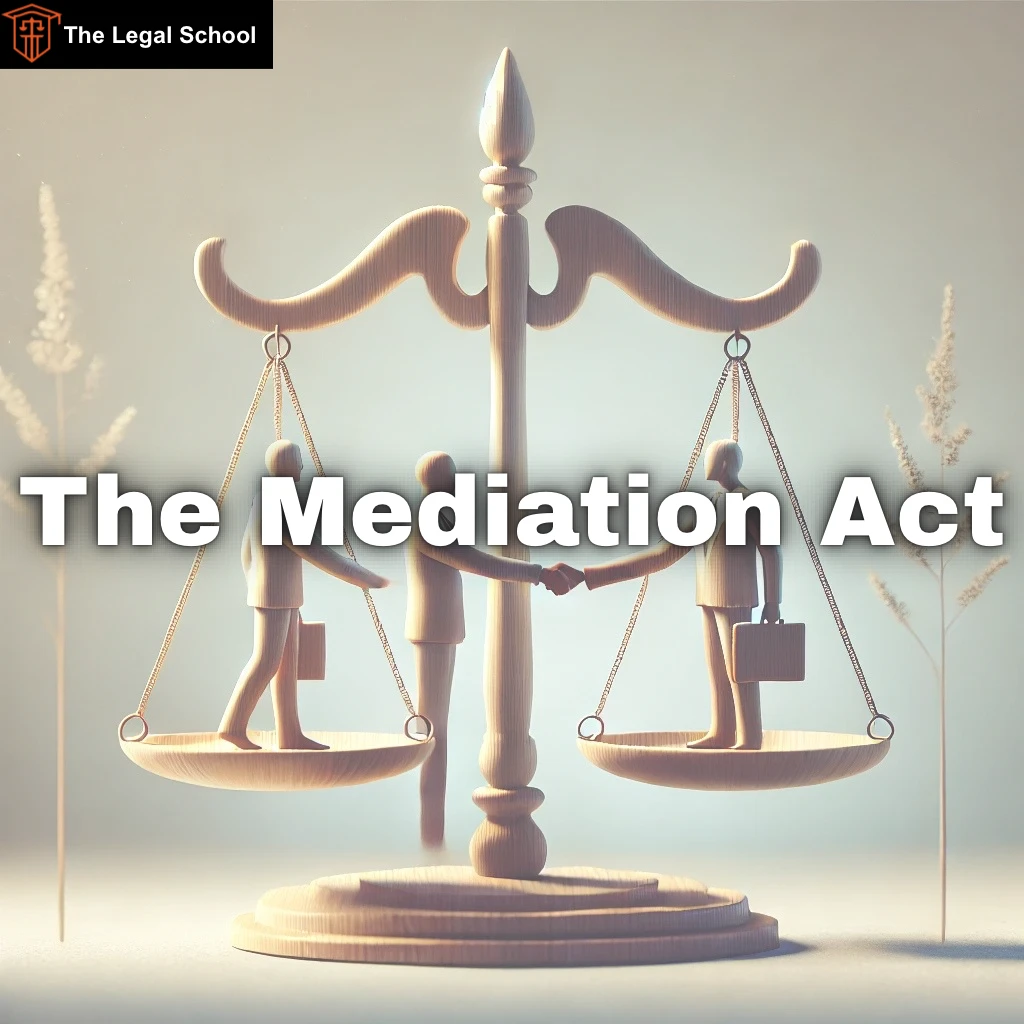What Does It Mean When a Case Is in Mediation?
When you hear that a case is “in mediation,” it means the parties involved in a dispute have chosen—or have been directed—to try resolving their issues outside of the traditional courtroom setting, through a process known as mediation. Mediation is a structured, confidential negotiation facilitated by a neutral third party, called a mediator. This process is a key component of what’s known as Alternative Dispute Resolution (ADR), which aims to help parties reach a mutually acceptable agreement without the time, expense, and adversarial nature of a trial.
Understanding Mediation: The Basics
Mediation is a voluntary and flexible process designed to help people in conflict find common ground. Unlike a judge or arbitrator, a mediator does not decide who is right or wrong or impose a solution. Instead, the mediator guides the conversation, helps clarify issues, and encourages the parties to collaborate on a resolution that works for everyone.
Mediation can be used in a wide range of disputes, including civil lawsuits, family law matters, workplace conflicts, business disagreements, and even some criminal cases. Courts often encourage or require mediation before a case goes to trial, but parties can also choose mediation on their own initiative.
How Does the Mediation Process Work?
1. Initiating Mediation
A case can enter mediation in several ways:
-
Court Referral: Judges may order or strongly encourage mediation, especially if they believe the case could be settled without a trial.
-
Mutual Agreement: Both parties may agree to try mediation, sometimes before a lawsuit is even filed.
-
Statutory Requirement: In some jurisdictions, certain cases (like divorce or small claims) must attempt mediation before proceeding to court.
2. Selecting a Mediator
The mediator is a neutral third party trained in conflict resolution. Mediators may be lawyers, retired judges, or professionals with expertise in negotiation and communication. Their role is not to judge, but to facilitate productive dialogue.
3. Preparing for Mediation
Before the mediation session, the mediator may ask both sides to submit brief statements outlining the dispute, their positions, and what they hope to achieve. This helps the mediator understand the context and dynamics involved.
4. The Mediation Session
Mediation typically begins with a joint session where all parties (and their attorneys, if present) meet with the mediator. The mediator explains the process, sets ground rules, and invites each side to share their perspective. This is followed by private caucuses, where the mediator meets separately with each party. These confidential meetings allow parties to speak openly about their concerns, goals, and willingness to compromise.
The mediator shuttles between the parties, helping them identify common interests, clarify misunderstandings, and explore creative solutions. The process is informal and flexible—there are no strict rules of evidence or procedure, and the parties can speak freely without fear that their words will be used against them in court.
5. Reaching an Agreement
If the parties reach a settlement, the terms are put in writing and signed by everyone involved. This agreement is usually binding and enforceable in court. If no agreement is reached, the case proceeds to trial or other legal proceedings, but the content of the mediation remains confidential.
Key Features and Benefits of Mediation
Confidentiality:
One of the hallmarks of mediation is confidentiality. What is said in mediation cannot be used as evidence in court if the case goes to trial. This encourages honest and open communication.
Voluntary Participation:
While courts may order parties to attend mediation, no one can be forced to settle. The parties retain control over the outcome and can walk away if they are not satisfied.
Neutrality and Impartiality:
The mediator does not take sides or make decisions. Their role is to facilitate discussion and help the parties find their own solution.
Cost and Time Efficiency:
Mediation is usually much faster and less expensive than going to trial. It can resolve disputes in a matter of hours or days, compared to months or years in court.
Flexibility:
Mediation allows for creative solutions that a court may not be able to provide. The parties can craft agreements tailored to their unique needs and circumstances.
Preserving Relationships:
Because mediation is collaborative rather than adversarial, it is especially valuable when the parties have an ongoing relationship—such as business partners, neighbors, or co-parents.
When Is Mediation Appropriate?
Mediation is suitable for most civil disputes, including contract issues, property disagreements, employment conflicts, personal injury claims, and family law matters like divorce and child custody. It is particularly effective when both sides are willing to negotiate in good faith and are open to compromise.
However, mediation may not be appropriate in cases involving serious power imbalances, domestic violence, or when one party refuses to participate honestly.
What Happens If Mediation Fails?
If the parties cannot reach an agreement, the case returns to court for further proceedings or trial. Importantly, the discussions and offers made during mediation remain confidential and cannot be used as evidence, preserving the integrity of the legal process.
Conclusion
When a case is “in mediation,” it means the parties are actively working with a neutral mediator to resolve their dispute outside of court. Mediation is a confidential, voluntary, and flexible process that empowers the parties to find common ground and craft their own solutions. If successful, mediation can save time, money, and stress—while preserving relationships and offering outcomes that may not be possible through traditional litigation. For many disputes, mediation is a practical and effective path to resolution.


